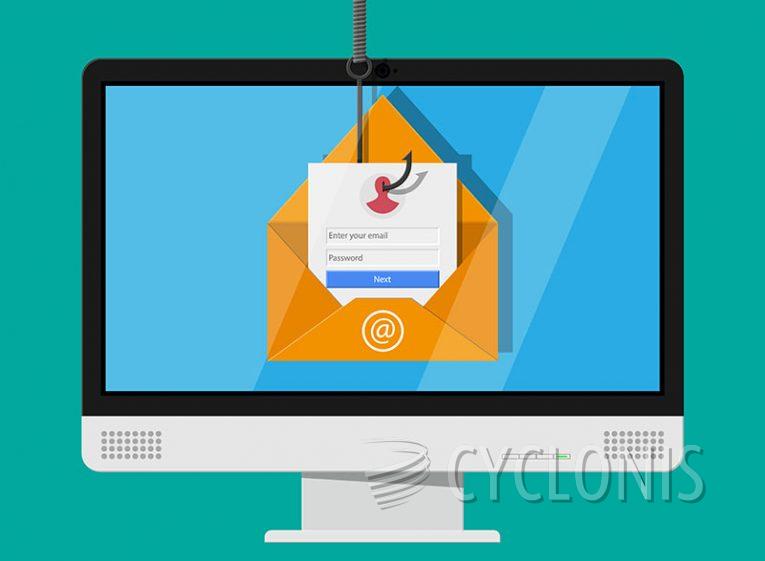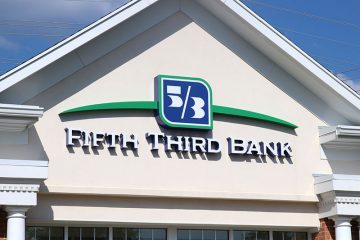Standard Bank - VAT Increase Email Scam

Understanding the Standard Bank - VAT Increase Scam
An email scam is impersonating Standard Bank to mislead recipients into revealing sensitive banking information. This fraudulent email claims that South Africa's VAT (Value-Added Tax) rate will increase and urges users to follow a link for more details. The primary goal of this scam is to steal online banking credentials.
How the Scam Email Operates
The subject line of the email may vary but generally references an "Important update: VAT rate increase." The email claims that the South African VAT rate will rise from 15% to 15.5% in an upcoming month, prompting users to visit a link for more information. However, this message has no association with Standard Bank or any legitimate financial institution.
Here's what the email says:
Subject: Important update: VAT rate increase. - N-Q7t4v0Ur
Dear Customer
Premium adjustment due to upcoming VAT increase
South Africa's finance minister announced that the value-added tax (VAT) rate will increase from 15% to 15.5%, effective 1 May 2025
This legislated VAT increase will apply from your first premium payment due on or after 1 May 2025.
Please click here to view and access the VAT increase updates.
Get in touch
If you have any questions, please contact your financial adviser or call us on 0860 034 778.
Kind Regards
Standard Bank
What Happens When Users Click the Link?
The link within the email is likely to direct recipients to a fraudulent website created to resemble Standard Bank's official login page. If users enter their banking credentials, the information is recorded and sent to cybercriminals. Once in possession of login details, these attackers can access bank accounts, authorize fraudulent transactions, and misuse financial data.
The Risks of Falling for This Scam
Users who engage with scam emails face potential financial losses, identity theft, and privacy breaches. Stolen login credentials can be used for unauthorized transactions or sold on the dark web. Furthermore, once criminals gain access to an account, they may attempt to reset passwords, lock out the rightful owner, and exploit the account for further scams.
Indicators of a Phishing Email
While some scam emails contain grammatical errors and inconsistencies, many are professionally crafted to appear legitimate. Users should watch for red flags such as:
- Unexpected messages about financial or tax-related updates.
- Requests to click on a link or provide sensitive data.
- A sense of urgency designed to pressure recipients into quick action.
- A sender address that does not match Standard Bank's official domain.
What to Do If You’ve Clicked the Link or Entered Your Credentials
If you have an inkling that you have interacted with a phishing email, take immediate action:
- Change your online banking password and any other accounts that use similar credentials.
- Notify Standard Bank and request assistance in securing your account.
- Keep an eye on your bank statements for unauthorized transactions and report any suspicious activity.
- If necessary, alert financial authorities and fraud prevention organizations.
Similar Phishing Campaigns Targeting Users
The Standard Bank VAT scam is just one example of phishing attempts targeting individuals and businesses. Other common scams include emails claiming:
- Unclaimed rewards or prizes.
- Urgent security alerts require immediate login verification.
- Unauthorized transactions or login attempts from unusual locations.
- Fake document signing requests from platforms like DocuSign. These scams often attempt to obtain login credentials, personal data, or even financial details to exploit victims.
The Role of Spam Emails in Spreading Threats
Spam emails are not only used for credential theft but also for spreading harmful software. Fraudulent messages may contain attachments or links leading to downloads that compromise the security of a device. These files can appear as harmless documents (such as PDFs or Microsoft Office files) but may execute harmful scripts once opened.
How to Stay Safe from Phishing Emails
To protect yourself from email scams like this one, follow these best practices:
- Avoid clicking on links in unsolicited emails.
- Verify financial updates directly through official bank websites.
- Do not enter sensitive information on unverified websites.
- Use strong, unique passwords for banking and other critical accounts.
- Enable multi-factor authentication (MFA) for an added layer of security.
Final Thoughts
The Standard Bank - VAT Increase scam is a reminder of how cybercriminals attempt to exploit trust and urgency to steal sensitive information. Staying informed and careful when dealing with unexpected emails can help protect against fraud. Always verify financial communications directly with your bank, and never share login details in response to unsolicited messages.








